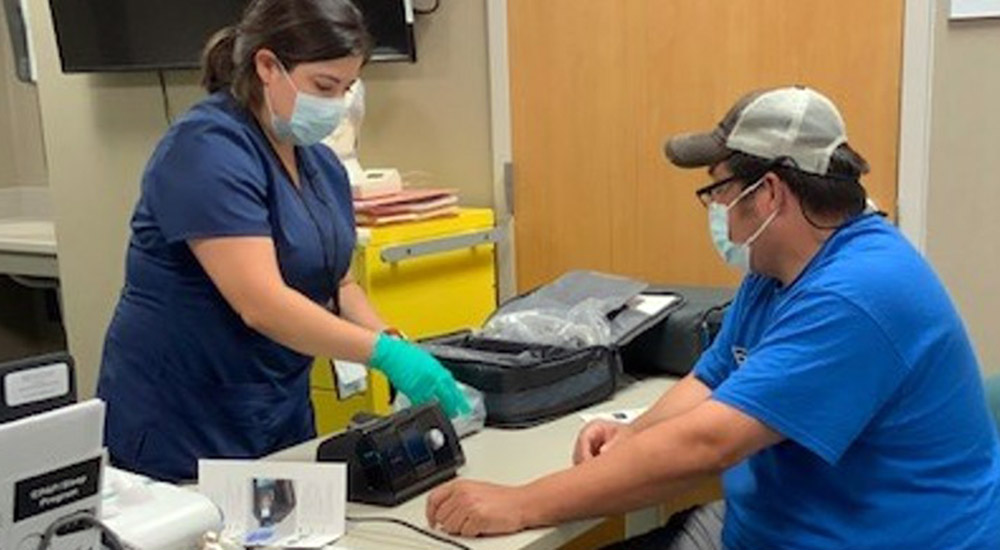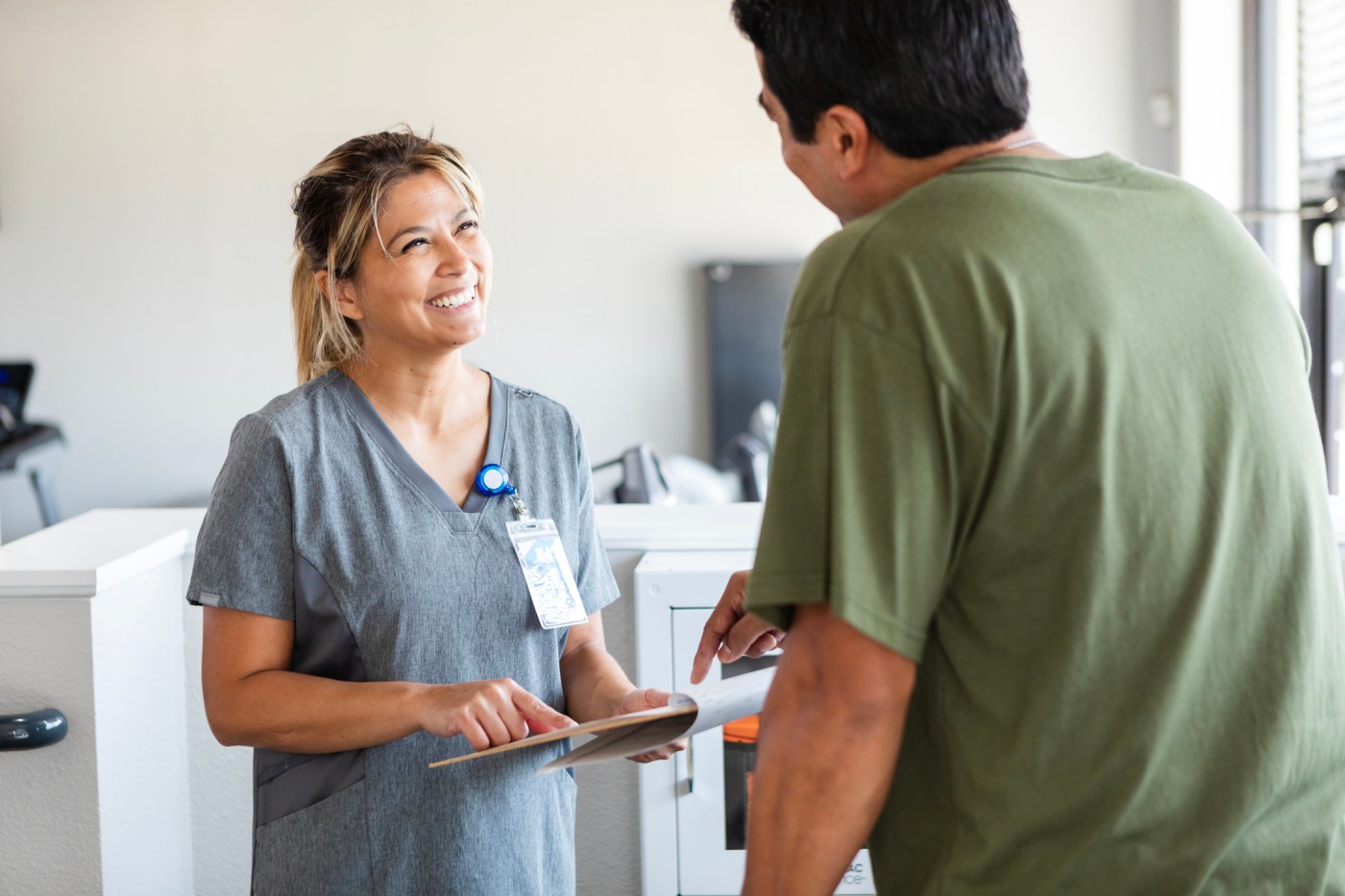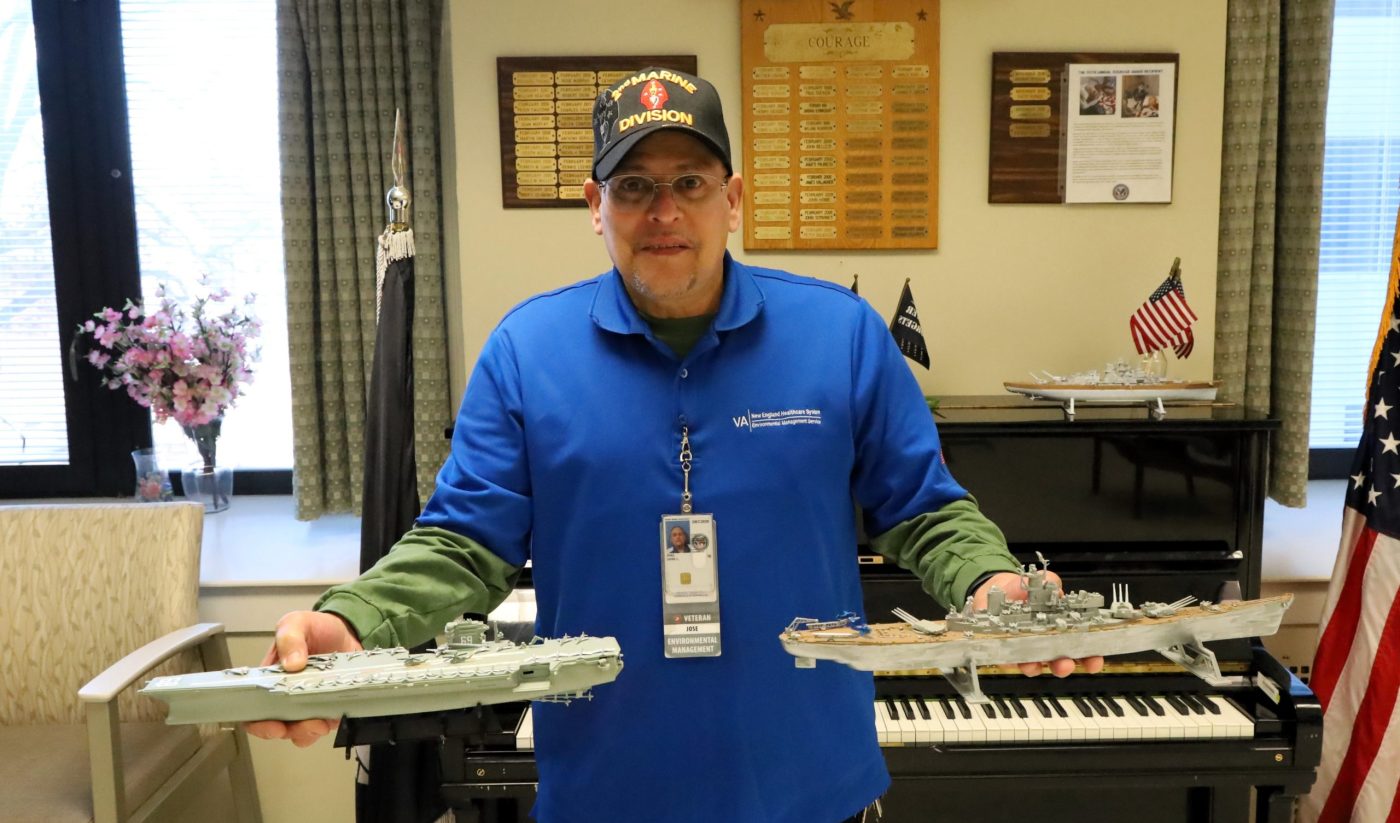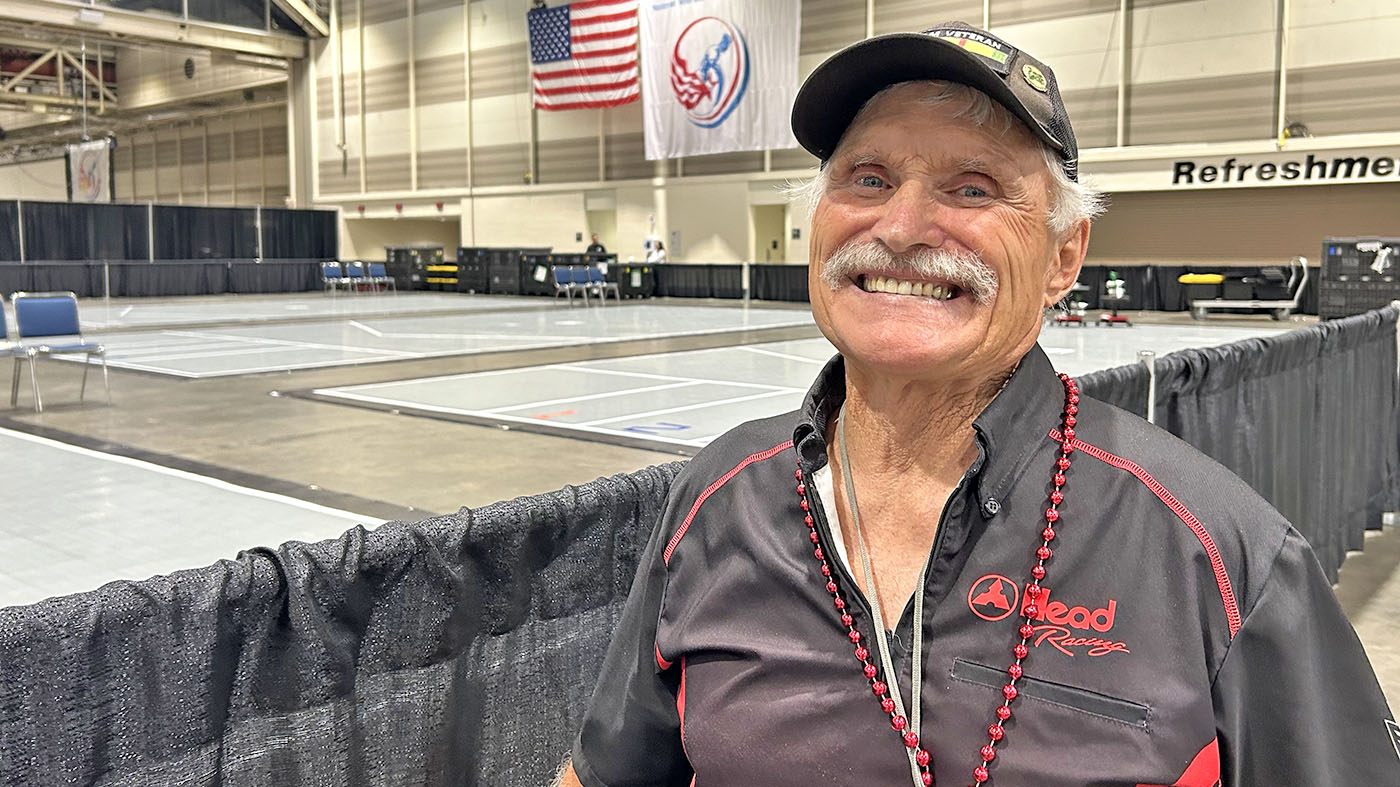It’s no secret that a decent percentage of the U.S. population and Veterans are not getting enough sleep. Staff overseeing VA North Texas Heath Care System sleep study program are working to remedy that.
Combating drowsiness with coffee and energy drinks has become a temporary remedy for a serious health crisis. Failing to get proper sleep is much more than regular yawning and fighting the urge to take a nap before the lunch hour.
“Our bodies are busy with many internal activities such as metabolic, nervous and cardiovascular processes when we sleep,” said Laura Freeman, polysomnography technician and clinical sleep health expert. “Poor sleep, or lack of sleep, disturbs our body’s systems and can cause any of these to get out of sync.”

Laura Freeman, Clinical Sleep Health Expert, and coworker Ikuru Kovarnik, (right) prepare a room for a sleep study.
Numerous clinical studies have linked chronic poor sleep to a myriad of other complications, including cardiovascular problems, obesity, Parkinson’s disease, diabetes and strokes.
Sadly, a large (and growing) percentage of Veterans are diagnosed and treated for sleep issues and related complications each year.
Treating 20,000 Veterans for sleep disorders
VA North Texas currently treats some 20,000 patients each year for related issues in its very busy Positive Airway Program (PAP) for sleep disorders.
A sleep study, more formally known as a polysomnogram, is one of the best ways to detect issues and prevent the onset of related problems.
“Sleep studies help diagnose sleep disorders such as sleep apnea, periodic limb movement disorder, narcolepsy, restless legs syndrome, insomnia and nighttime behaviors, like sleepwalking and REM sleep behavior disorder.”
Army Veteran Ted Sivley credits an overnight sleep study and PAP for remedying years of fatigue and drowsiness that plagued him while still in uniform. Once requiring an overnight stay for observation, sleep studies can now be performed in the comfort of a Veteran’s own home and bed.
“The sleep study saved my life.”
“While on active duty, doctors sent me to Walter Reed National Military Medical Center for a lot of tests,” Sivley said. “One of those assessments was a sleep study. My body literally shut down and I flat lined during the test. The sleep study saved my life. I use a CPAP now. At first, I didn’t like wearing it, but now I look forward to it. I know I’m going to have a good night and feel well rested and alert the next day.”
Other sleep strategies recommended by sleep experts include avoiding the use of electronic devices like smartphones, laptops and televisions before bedtime; avoiding caffeine in the evenings; and establishing a predictable sleep schedule that you follow every day of the week.
“I’m really glad I can continue with my sleep treatments and get the care I need here with VA North Texas,” Sivley added. “It’s literally a life saver for me.”
Veterans experiencing sleep issues or daytime symptoms, such as fatigue, drowsiness, depression or difficulty concentrating should talk to their primary care provider.
Topics in this story
More Stories
One strategy credited for the improvement is a focus on building trust and stronger patient-provider relationships.
Army and Marine Corps Veteran started making models after being hospitalized at Connecticut VA.
Veteran Hank Ebert is a bit of a superstar in the National Veterans Wheelchair Games. He has been attending since 1993.






